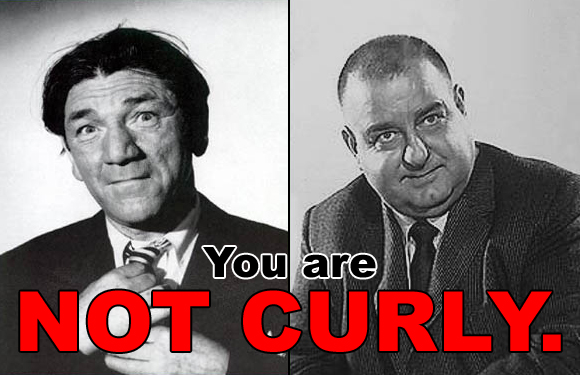In 2023, I reflected on how far I'd come, wrote a lot about my faith, the aspects of Discordianism more generally I find disagreeable, and then I set the golden apple aside. I thought I was done with it.
In late 2024, I got the apple back out again.
In 2025, we are heading into Aftermath.
Discordians have posited that all organisational efforts go through five stages. Chaos, Discord, Confusion, Bureaucracy, and Aftermath.
To avoid being bogged down: Bureaucracy is an attempt to use administration to bind people back to the collapsing order. It never works, because laws, rules and regulations cannot hold. It collapses into the Aftermath.
Strife waxes strongest during these latter stages. The bloody-footed Goddess who steals men's mind and sense and replaces it with a thirst for violence.
We are watching as institutions fail and crumble. The bureaucratic order that has channeled bloodshed in 'acceptable' directions is collapsing. Facts don't matter. The mind and sense of man has been stolen. War seems sweeter than the embrace of home.
Many will try to pretend that Bureaucracy still matters. They will cleave to the lie that there is some higher authority that can impose justice on the Earth. There is not. We must do it ourselves. And before that can happen, the chains must be wrested from their decaying fingers before they use them to choke us to death.
This is not an age for Eris, Goddess of Chaos. This is the Age of Strife, Goddess of Discord, She who laughs at our struggle.
Hail Strife. All Hail the Great Quarreler.
In late 2024, I got the apple back out again.
In 2025, we are heading into Aftermath.
Discordians have posited that all organisational efforts go through five stages. Chaos, Discord, Confusion, Bureaucracy, and Aftermath.
To avoid being bogged down: Bureaucracy is an attempt to use administration to bind people back to the collapsing order. It never works, because laws, rules and regulations cannot hold. It collapses into the Aftermath.
Strife waxes strongest during these latter stages. The bloody-footed Goddess who steals men's mind and sense and replaces it with a thirst for violence.
We are watching as institutions fail and crumble. The bureaucratic order that has channeled bloodshed in 'acceptable' directions is collapsing. Facts don't matter. The mind and sense of man has been stolen. War seems sweeter than the embrace of home.
Many will try to pretend that Bureaucracy still matters. They will cleave to the lie that there is some higher authority that can impose justice on the Earth. There is not. We must do it ourselves. And before that can happen, the chains must be wrested from their decaying fingers before they use them to choke us to death.
This is not an age for Eris, Goddess of Chaos. This is the Age of Strife, Goddess of Discord, She who laughs at our struggle.
Hail Strife. All Hail the Great Quarreler.






















